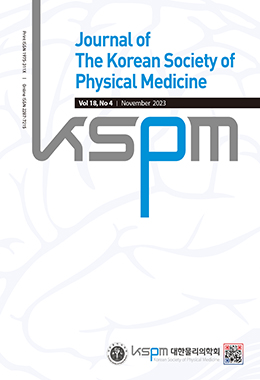PURPOSE: The purpose of this study was to evaluate the effects of ice and hot packs on proprioception, balance, and muscle strength in knee extensor muscle fatigue.
METHODS: A total of 31 male and female students in their twenties from a university in A, Chungnam, Korea, were selected as participants. Three experiments were conducted to assess static balance, dynamic balance, proprioception, and muscle strength before and after induction of muscle fatigue, and following intervention.
RESULTS: In the case of stability typical (ST), a significant difference was observed in pillow with eye open (PO) when a Hot pack was applied (p < .05). The weight distribution index (WDI), showed significant differences in normal eye open (NO) and Normal eye closed (NC) tests when ice packs and hot packs were applied (p < .05). In the dynamic balance assessment using Y-balance, significant differences were observed in all values except for pre- and post-intervention in the medial and lateral directions (p < .05). The recovery of proprioceptive sensation showed a significant difference when ice packs were applied (p < .05). In muscle strength, significant differences were observed in all comparisons between measurement time points (p < .05).
CONCLUSION: Rest was most effective for static balance, and cold and warm compresses were most effective in recovering dynamic balance. For proprioception, cold compresses were most effective. Muscle strength had a positive effect on recovery in all three intervention methods. These results show that cold and warm compresses can be useful in the recovery of various functions related to muscle fatigue.




